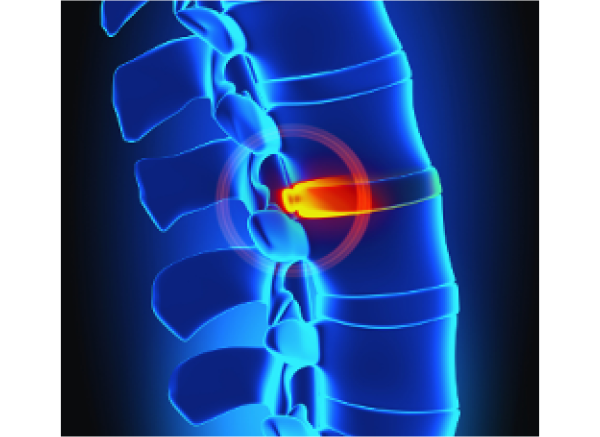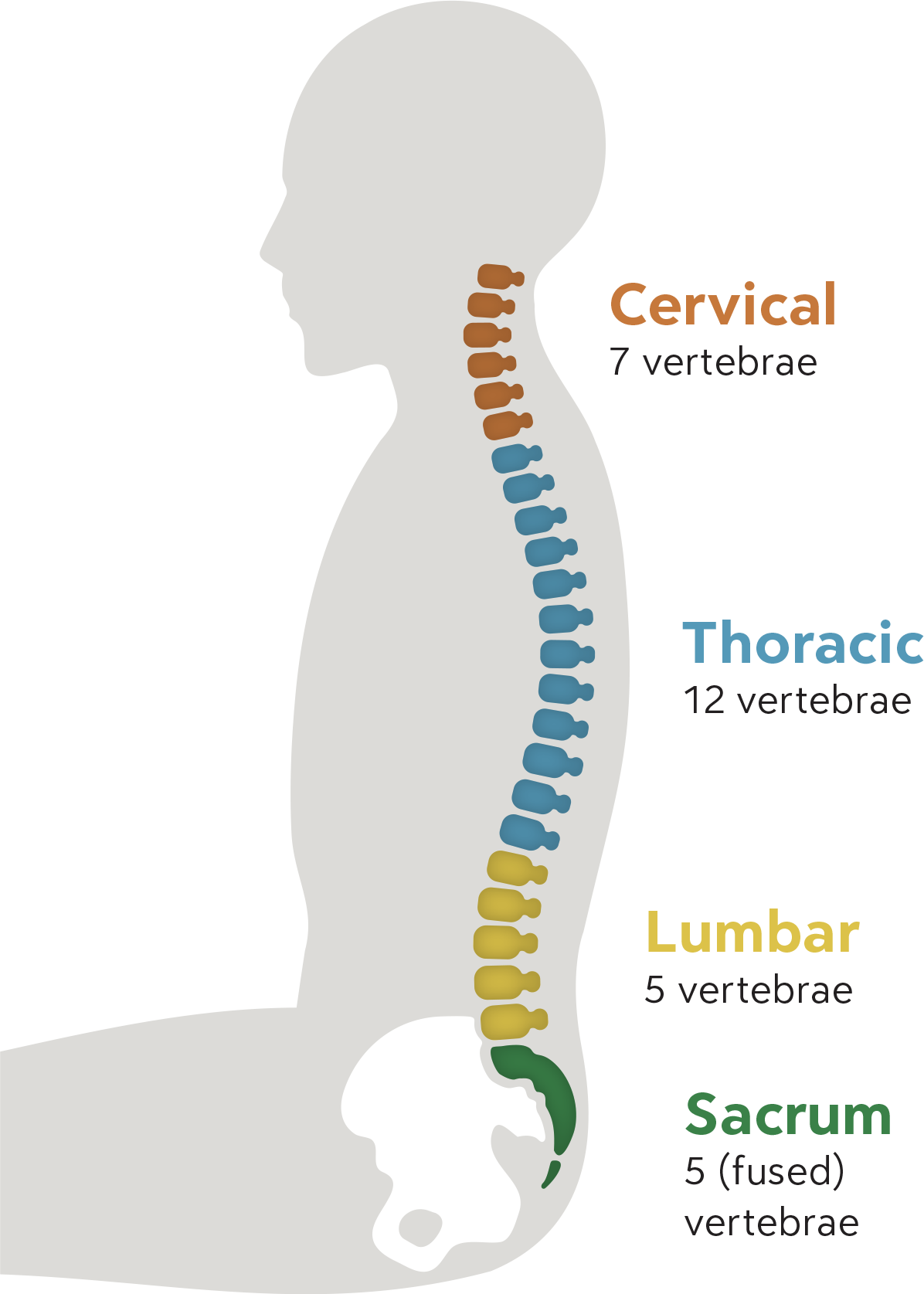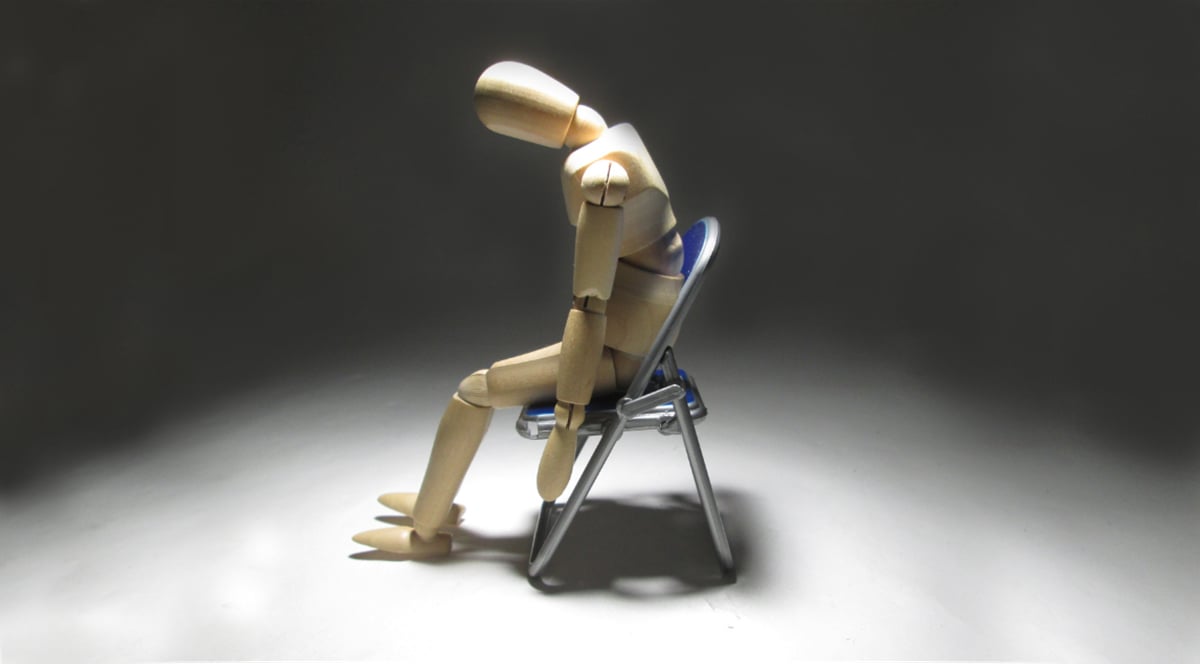You know when you sit up straight and feel more alert and energized?
It turns out, there might be a scientific reason for that. Studies have shown that maintaining good posture may have an effect on dopamine levels in the brain.
Dopamine is a neurotransmitter that plays a key role in regulating mood, motivation, and the ability to experience pleasure. When dopamine levels are low, it can lead to feelings of depression and fatigue. But when dopamine levels are high, you feel more alert and motivated.

One study on rats found that when the rats were trained to have better posture, there was an increase in the number of dopamine receptors in their brains. This suggests that maintaining good posture may increase dopamine levels.1 And in a study on humans, when people were asked to sit up straight and engage their core muscles, they reported feeling more alert and energized. This suggests that maintaining good posture may have a positive effect on mood and energy levels, which could be related to dopamine levels.2
Another study performed by San Fransisco State University had subjects walk down a hallway either skipping and swinging their arms or in a slow, slouched posture. The skipping participants reported feeling happier, and more energetic, while the slouched posture subjects felt sad, lonely, and isolated.4
Now, it's important to keep in mind that the relationship between posture and dopamine levels is not fully understood yet and more research is needed. But the studies do suggest that maintaining good posture may have an effect on dopamine levels and that good posture may also improve mood and energy levels.
If you are looking to improve posture while sitting, look no further than Anthros.
Anthros is the only chair in the world that is guaranteed to improve posture or your money back. The science-backed, patented design, is registered with the FDA as a posture-improving chair and is proven to have the lowest pressure (most comfortable) cushion on the planet (verified by university testing).
Take the next step to reducing pain, increasing comfort, and maximizing performance!
References:
- Miklyaeva EI, Castañeda E, Whishaw IQ. Skilled reaching deficits in unilateral dopamine-depleted rats: impairments in movement and posture and compensatory adjustments. Journal of Neuroscience. 1994 Nov 1;14(11):7148-58.
- Carney et al. Power Posing: Brief Nonverbal Displays Affect Neuroendocrine Levels and Risk Tolerance. Physchological Science 2010, 21(10) 1363-1368
- Nair, S., Sagar, M., Sollers III, J., & Consedine, N.. Posture and cortisol levels: Incorporating biofeedback in the study of embodied self-regulation. International Journal of Psychophysiology, 97, 157-162.
-
Peper, E., & Lin, I.-M. (2012). Increase or decrease depression: How body postures influence your energy level. Biofeedback, 40(3), 125–130. https://doi.org/10.5298/1081-5937-40.3.01
- Harvey, R. H., Peper, E., Mason, L., & Joy, M. (2020). Effect of posture feedback training on health. Applied Psychophysiology and Biofeedback, 45(2), 59-65.
Recent Post

Exercises to Avoid With a Herniated Disc
March 6, 2025A herniated disc can put a serious damper on...

Gentle Back Exercises for Lower Back Pain & Herniated Discs
February 17, 2025Adding a cushion to your office or gaming chair...

Bulging Disc vs. Herniated Disc:
February 5, 2025Adding a cushion to your office or gaming chair...









